7 Sizzling Secrets Behind the World’s Most Mouthwatering Pork Barbacoa Recipe!
When it comes to global spice traditions, few dishes ignite the senses like pork barbacoa. Originating from Mexico and embraced by cultures around the world, this slow-cooked masterpiece is a celebration of flavor, aroma, and tradition. Whether you're a seasoned chef or a weekend griller, mastering pork barbacoa can elevate your culinary game — and impress your guests in the process.
Table of Contents
- The Origins of Pork Barbacoa
- Why Spices Make or Break Your Barbacoa
- Slow and Low: Mastering the Cooking Technique
- Spice Blends Around the Globe That Inspire Barbacoa
- Buying Guide: Choosing the Best Ingredients
- Step-by-Step Pork Barbacoa Recipe
- Conclusion
The Origins of Pork Barbacoa
Pork barbacoa traces its roots back to the indigenous Taino people of the Caribbean, where the word "barbacoa" originated — later adopted by Spanish explorers. In modern times, it's most commonly associated with central and southern Mexico, especially in states like Hidalgo and Michoacán.
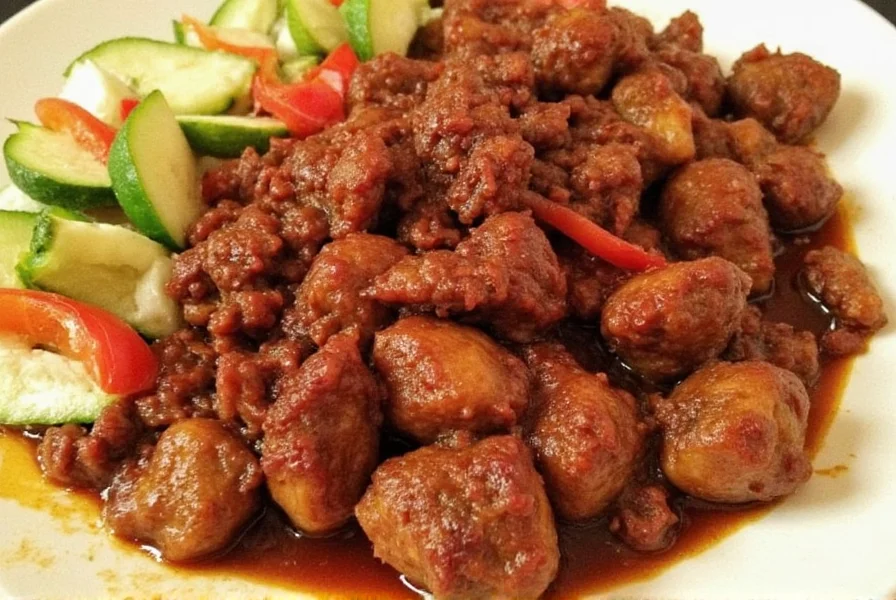
The traditional method involved wrapping meat in maguey leaves and slow-roasting it underground over hot coals. Today, while we might use ovens or slow cookers, the essence remains the same: deeply spiced, melt-in-your-mouth pork that tells a story with every bite.
Why Spices Make or Break Your Barbacoa
If there's one thing that defines authentic barbacoa, it’s the rich, complex blend of spices. These aren’t just random seasonings; they’re carefully chosen to create layers of heat, sweetness, earthiness, and tang.
| Spice | Flavor Profile | Traditional Use | Modern Twist |
|---|---|---|---|
| Ancho Chili | Smoky, fruity, mild heat | Base for red sauce | Substitute with paprika + pinch of cayenne |
| Garlic | Pungent, savory | Essential base layer | Roasted garlic for sweetness |
| Cumin | Earthy, nutty | Meat rub staple | Add to mole-style sauces |
| Oregano (Mexican) | Woodsy, peppery | Signature herb | Blend with thyme for fusion flair |
| Lime Zest | Fresh, bright | Final garnish | Mixed into finishing oil |
Slow and Low: Mastering the Cooking Technique
Great barbacoa isn't just about the spice mix — it's also about patience. The meat needs time to break down and absorb all those glorious flavors. Here are some top methods to try:
- Oven Roasting: Wrap your seasoned pork in foil, place in a heavy Dutch oven, and roast at 300°F (150°C) for 3–4 hours.
- Slow Cooker: Layer aromatics on the bottom, add the marinated meat, and cook on low for 8–10 hours.
- Smoker: For an authentic touch, smoke at 225°F using hickory or mesquite wood chips for 6–8 hours.
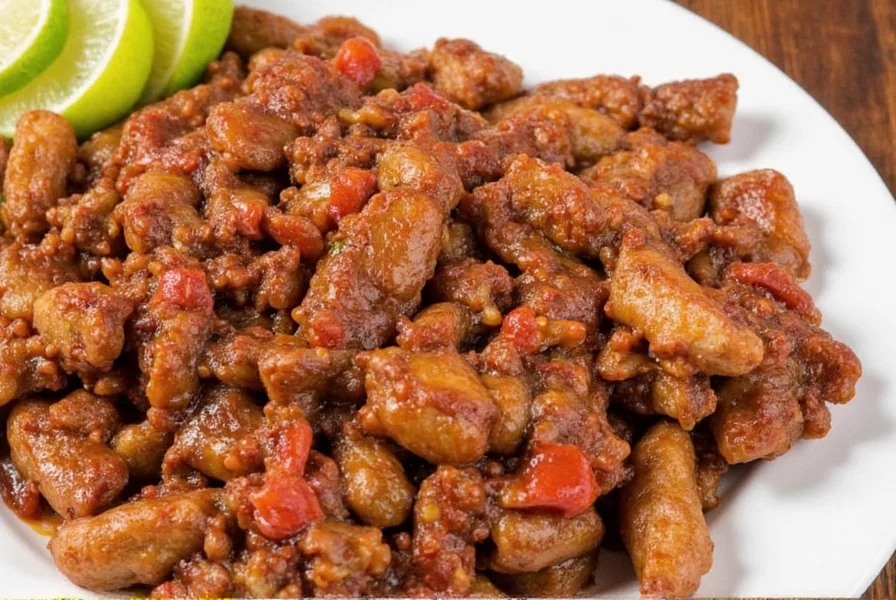
Spice Blends Around the Globe That Inspire Barbacoa
While traditional Mexican barbacoa uses native spices, chefs around the world have started experimenting with regional blends that add unique twists. Here are some standout global interpretations:
- Texas Rub: Smoked paprika, brown sugar, black pepper — adds barbecue sweetness.
- North African Ras el Hanout: Floral, warm, slightly sweet — pairs beautifully with lamb but works well with pork too.
- Japanese Shichimi Togarashi: Citrusy heat that gives a surprising finish to tacos.
- Indian Garam Masala: Earthy and fragrant, ideal for curry-style barbacoa fusion bowls.
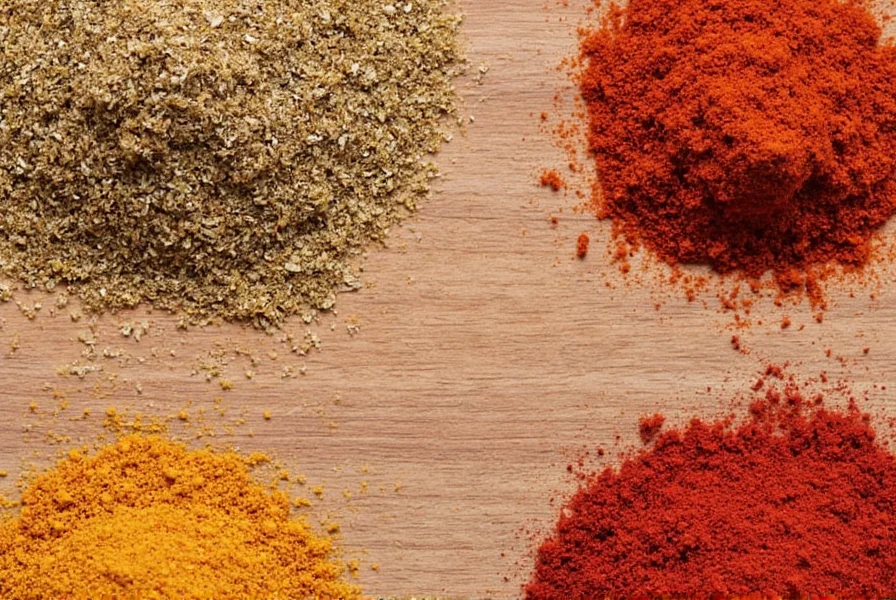
Buying Guide: Choosing the Best Ingredients
Whether you're shopping at a local market or ordering online, knowing what to look for will make your barbacoa stand out. Here's a quick breakdown of what to prioritize:
Choosing the Right Cut
Pork shoulder (also known as pork butt) is the gold standard for barbacoa due to its marbling and connective tissue, which melt into tender perfection when cooked slowly.
| Cut | Texture | Best For | Price Range |
|---|---|---|---|
| Pork Shoulder | Tender, juicy | Classic barbacoa | $3–$5 per lb |
| Pork Belly | Fatty, crispy edges | Bold flavor lovers | $4–$6 per lb |
| Pork Loin | Drier, lean | Lean diet plans | $5–$7 per lb |
Spice Selection Tips
Freshness matters! Whole spices should be purchased and ground fresh for optimal flavor. Here are some recommended brands:
- Ancho Chile Powder: La Morena – smoky and balanced.
- Cumin: Frontier Co-op – organic and bold in aroma.
- Mexican Oregano: Badia – more robust than Mediterranean versions.
- Salt & Pepper: Maldon Sea Salt Flakes and Tellicherry Black Pepper offer texture and depth.
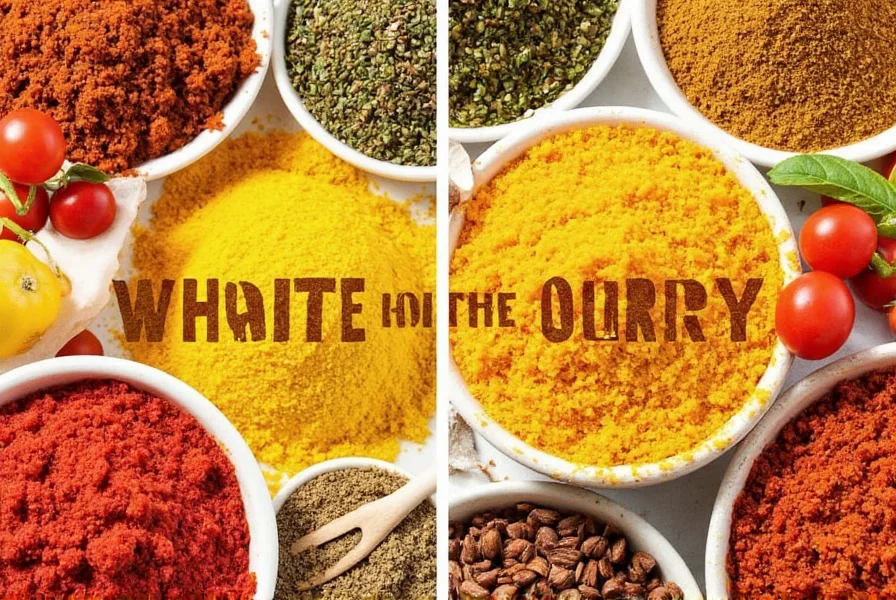
Step-by-Step Pork Barbacoa Recipe
Ready to bring the magic home? Try this foolproof recipe for classic pork barbacoa:
Ingredients:
- 3 lbs pork shoulder, bone-in
- 3 ancho chilies, stemmed and seeded
- 2 dried guajillo chilies
- 1 onion, quartered
- 4 garlic cloves
- 1 tbsp cumin seeds
- 1 tsp Mexican oregano
- 1 tsp cinnamon
- Juice of 1 lime
- 1/2 cup apple cider vinegar
- Salt to taste
Instructions:
- Toast the chilies and cumin in a dry pan until fragrant.
- Soak the toasted chilies in hot water for 15 minutes.
- In a blender, combine soaked chilies, onion, garlic, vinegar, and spices to make the marinade.
- Coat the pork shoulder thoroughly and refrigerate overnight.
- Wrap in foil and cook at 300°F (150°C) for 3–4 hours, or until fork-tender.
- Rest for 10–15 minutes before shredding and serving.
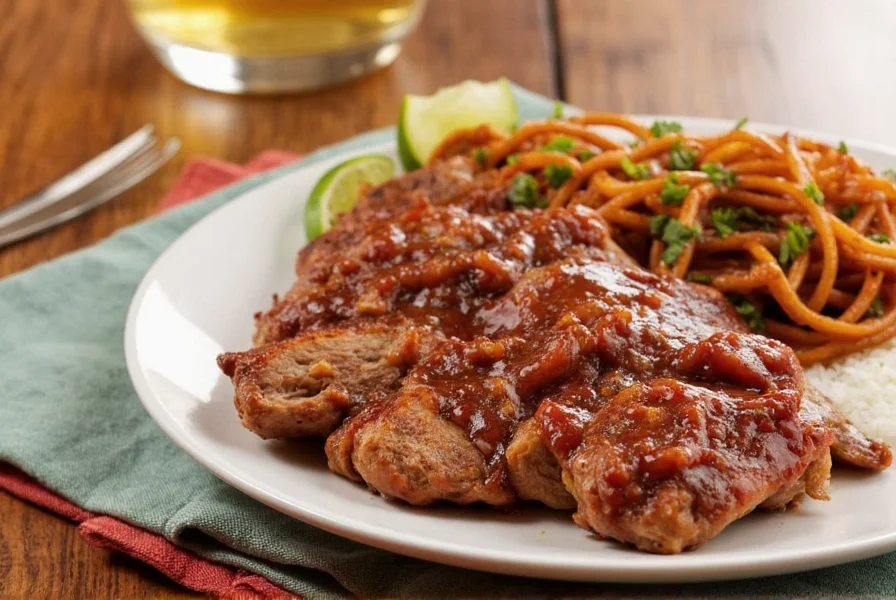
Conclusion
Pork barbacoa isn't just food — it's an experience. From the deep-rooted traditions of Mexico to modern global adaptations, this dish continues to evolve while maintaining its soulful flavor profile. Whether you're preparing it for a taco Tuesday feast or a backyard party, the key lies in the spices and technique.
Remember, the best barbacoa is the one that reflects your personal journey through flavor. Don’t be afraid to experiment with different spice combinations, cooking tools, and cultural influences. After all, global spice traditions thrive on creativity, connection, and community.
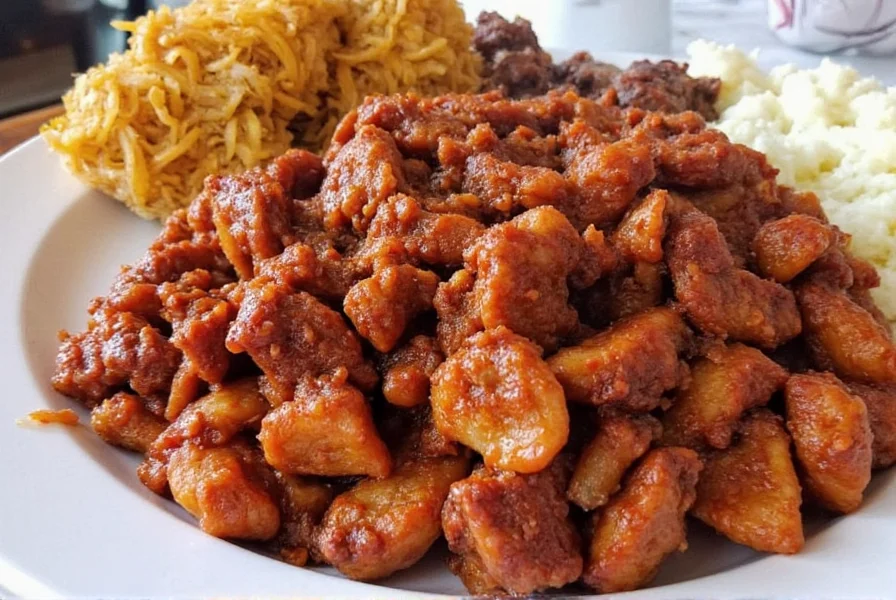
Now go forth, fire up your grill or oven, and let the aroma of your homemade pork barbacoa fill your kitchen — and hearts.

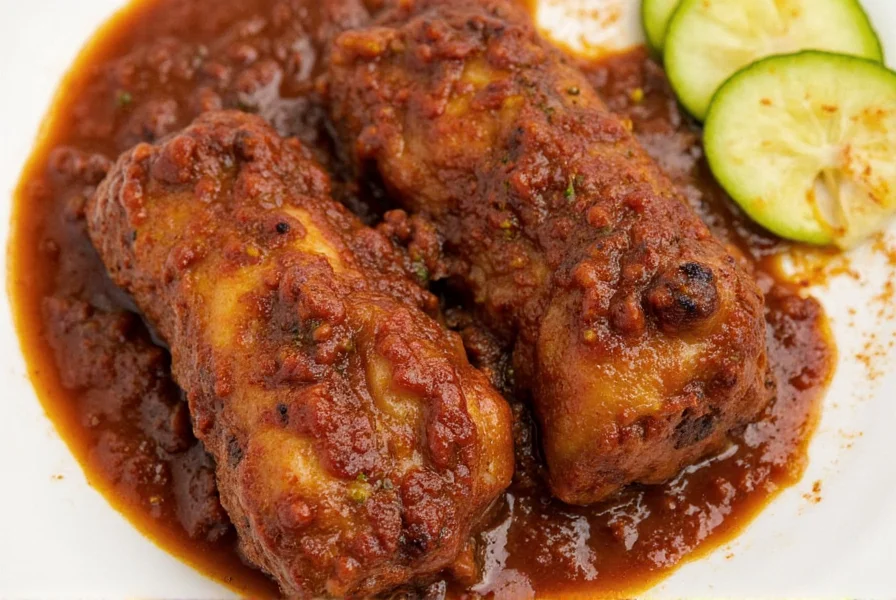









 浙公网安备
33010002000092号
浙公网安备
33010002000092号 浙B2-20120091-4
浙B2-20120091-4